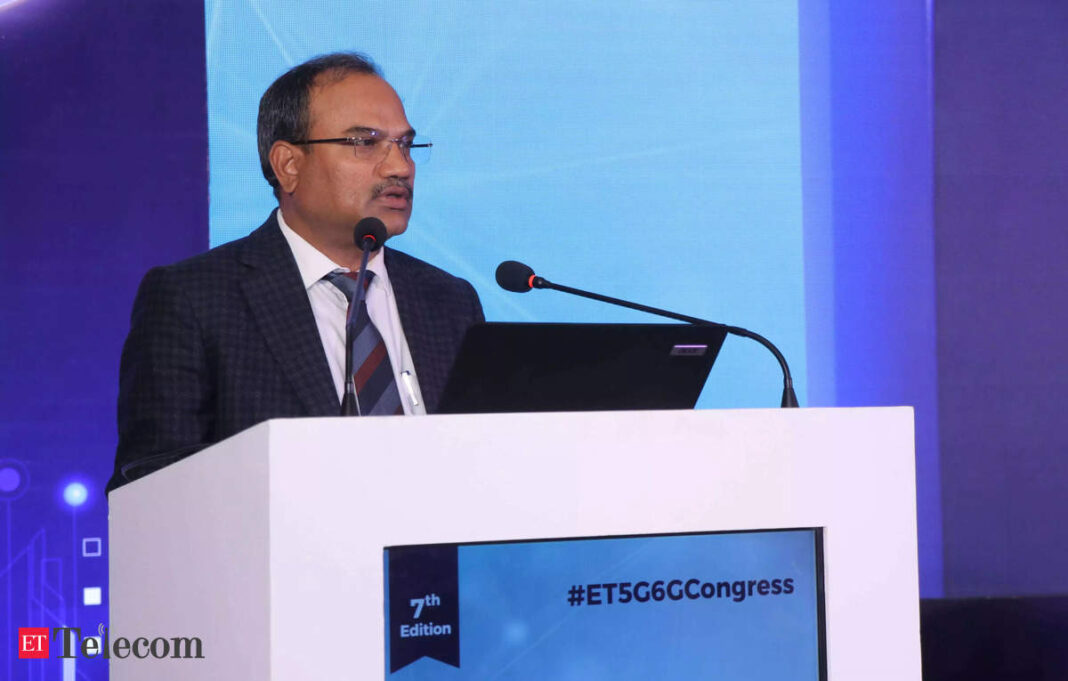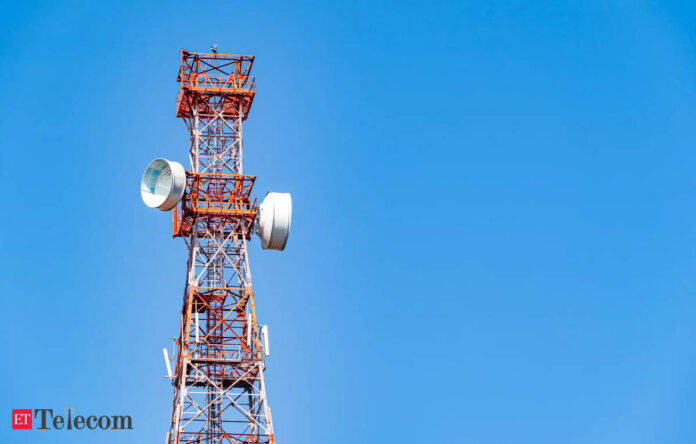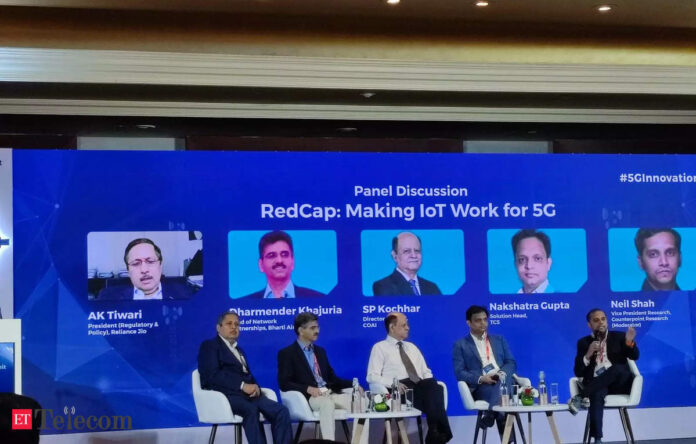In Short:
In India, the rollout of 5G technology is creating significant economic opportunities, according to Mahaveer Singhvi from the Ministry of External Affairs. He highlighted that 5G is not just improving connectivity but also fostering innovation in various industries like healthcare and transportation. With telecom giants like Jio and Airtel leading the way, India is poised to benefit from smart city developments and advanced technologies in the near future.
NEW DELHI: The advent of 5G technology in India is paving the way for transformative economic opportunities, as stated by a senior official from the Ministry of External Affairs (MEA). During the inaugural ETTelecom 5G Industries Innovation Summit 2024, Mahaveer Singhvi, Joint Secretary of NEST (New, Emerging and Strategic Technologies), emphasized the immense potential for revenue generation and innovation stemming from the deployment of 5G technology and its evolution towards 5G-Advanced and 6G.
5G and Its Impact
Singhvi remarked, “The deployment of 5G and the future transition to 5G-Advanced and 6G is creating an unprecedented economic opportunity for India.” He noted that India’s telecom operators are committed to ensuring that the benefits of this next-generation technology extend not just to urban centers but also to rural areas, heralding a new era in India’s technological landscape.
Nationwide Deployment by Major Carriers
In alignment with these advancements, India’s leading telecommunications providers, Reliance Jio and Bharti Airtel, successfully completed their nationwide 5G deployments earlier this year. At the summit, executives from the telecom sector, alongside AK Lahoti, Chairman of the Telecom Regulatory Authority of India (TRAI), discussed the anticipated growth of 5G-driven use cases and applications, including 5G fixed wireless access (FWA) and enhanced mobile broadband.
Transformative Features of 5G
Highlighting the capabilities of 5G, Singhvi stated that its high bandwidth and low-latency features are poised to revolutionize various industries, turning innovations that once existed only in theory into practical applications. He explained, “The combination of 5G and the Internet of Things (IoT) is creating a paradigm shift across sectors such as automotive, manufacturing, healthcare, and public utilities.”
The Vision for Smart Cities
Furthermore, Singhvi discussed the significant advantages that public utilities and infrastructure can gain from 5G. He envisions the development of smart cities equipped with IoT-enabled infrastructure capable of efficiently managing everything from traffic flow to energy consumption, thus enhancing the quality of life for citizens. “These developments are not mere abstract possibilities but tangible realities coming to fruition in India,” he added, emphasizing that Bharat is leading this transformative journey.
Looking Forward
Concluding his remarks, Singhvi stated, “The transformational wave of next-generation technologies like 5G, 5G-Advanced, and the forthcoming 6G is defining the future, both globally and for India.”





